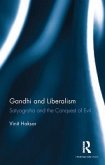
Gebundenes Buch
Satyagraha and the Conquest of Evil
18. Juli 2017
Taylor & Francis
| Broschiertes Buch | 68,99 € | |
| eBook, ePUB | 48,95 € |
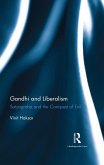
Broschiertes Buch
Satyagraha and the Conquest of Evil
28. März 2019
Routledge India
Ähnliche Artikel

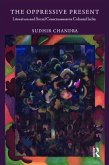
Gebundenes Buch
Literature and Social Consciousness in Colonial India
Revised edition
17. Oktober 2013
Taylor & Francis
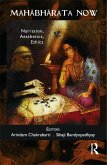

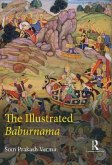


Gebundenes Buch
An Indigenous People's Struggle for Forest and Identity in Sub-Himalayan Bengal
15. Mai 2000
Taylor & Francis

Gebundenes Buch
Texts, Practices, and Practitioners from the Margins
3. November 2022
Taylor & Francis


Gebundenes Buch
Issues and Challenges in a Changing Globalized World
25. September 2012
Taylor & Francis
Ähnlichkeitssuche: Fact®Finder von OMIKRON
